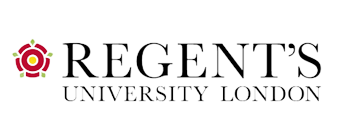The MA Psychotherapy & Counselling will give you a broad knowledge of psychotherapy and the work of key historical and contemporary figures. Through a mix of academic work and practical experience you will gain knowledge and understanding of various approaches to psychotherapy. The programme will prepare you for psychotherapy practice by developing your skills in the safe environment of the classroom and by supporting your work whilst you are in clinical placement.
You will be taught a range of theoretical perspectives, covering existential, psychoanalytic, humanistic and integrative approaches. You will be encouraged to discuss, give constructive feedback, and debate current issues in psychotherapy.
The programme will help you develop your individual approach to psychotherapy and counselling, and reflect upon your personal beliefs and prejudices. You will learn to apply your theoretical knowledge and acquired skills in an approved clinical placement under the supervision of experienced practitioners.
At the end of the second year you will choose the pathway to follow on the third year of your studies. You can specialise in integrative psychotherapy via the integrative pathway, or existential psychotherapy via the existential pathway, or you can undertake a significant piece of research in the field via the dissertation pathway.
For those choosing the dissertation pathway there are five days of research methods seminars designed to assist students to complete the dissertation in year three. We encourage our students to publish their work in academic books or journals.
You are required to remain in once-weekly individual psychotherapy with a UKCP registered therapist throughout your training. The Programme espouses a reflexive practitioner approach which, combined with the personal and professional reflection encouraged by the experiential group and personal therapy, promotes a strong professional identity. This enables students to work in a variety of settings such as medical care, research agencies, charities, social services, and private practice.
Upon successful completion of the taught MA Psychotherapy & Counselling, you will be eligible to apply for our postgraduate certificate programme in either integrative or existential psychotherapy, the final stage of your training for eligibility to apply to become a UKCP registered psychotherapist.














